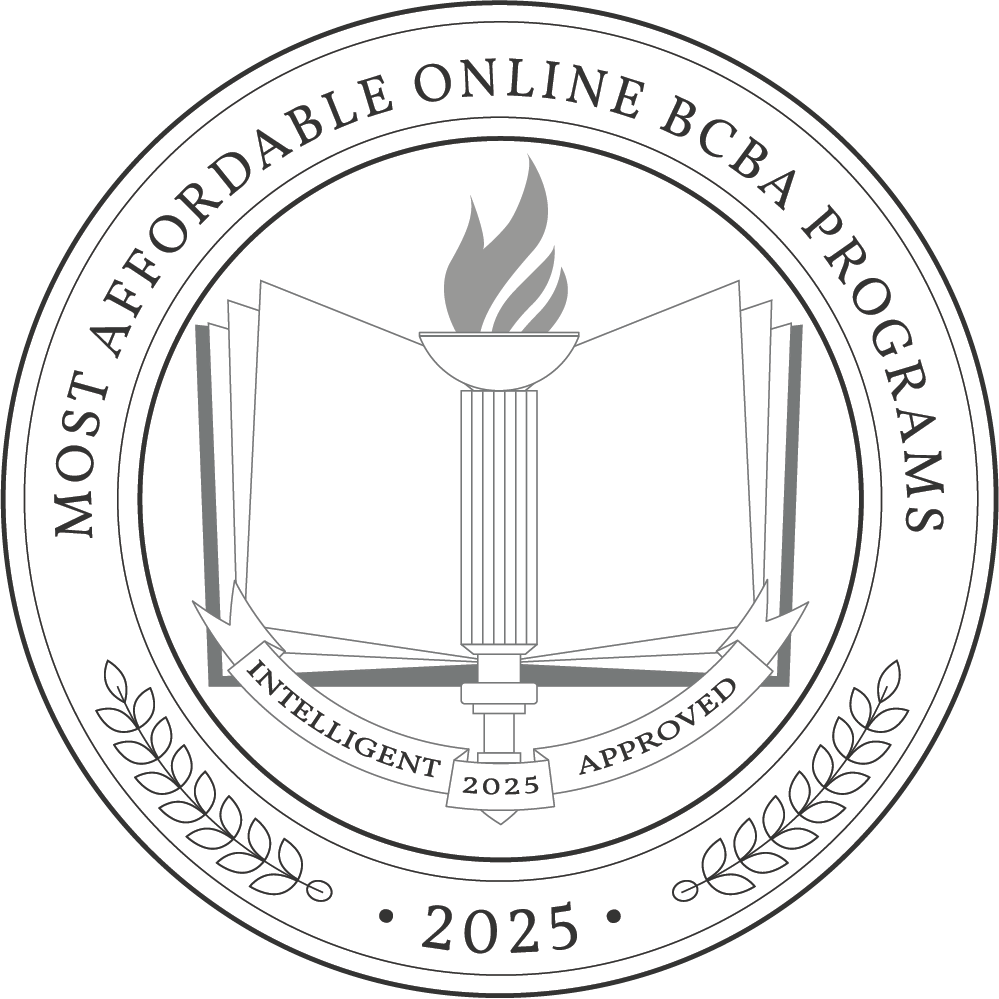Applied Behavioral Analysis (ABA) is a therapy based on the science of learning and behavior that seeks to apply an understanding of how behavior works to increase helpful behaviors and decrease behaviors that are harmful or affect learning. While it is most commonly used with children on the autism spectrum, Board Certified Behavior Analysts (BCBAs) also work with clients who have behavioral disorders, learning disabilities, or developmental differences.
Students interested in becoming a BCBA must have a master’s degree or graduate certificate in the field. To help students find a cost-effective, accessible program, Intelligent.com compiled this list of the most affordable online BCBA degree and certificate programs. We also spoke to Blanca Villagomez, a program counselor and coordinator at UC-Irvine, and Dana Marvin, an independent college counselor, for their insights into selecting and paying for an online BCBA degree.
Cost Breakdown for an Online BCBA Degree Program
When determining how much you can afford to spend for an online BCBA degree or certificate, it’s important to understand all the costs associated with this program.
- Tuition: The primary cost associated with higher education, tuition is typically assessed based on the number of credit hours a student enrolls in each term. Most schools charge full-time students a flat per-term tuition rate, while part-time students pay per credit hour. Students should consult their school’s financial aid office for the most accurate information about how much tuition is and how it is assessed.
- Fees: Schools often charge additional fees for expenses not covered by tuition. For example, colleges may charge online students a fee for virtual classroom technology, such as online course platforms or tech support. Students should clarify with a financial aid counselor whether there are any fees they must pay in addition to tuition and how often these fees are assessed.
- Personal technology: Reliable hardware and internet access are essential for success in online education. Before you start your BCBA program, review your technology set-up and determine if you need to upgrade your computer, webcam, microphone, or internet service to ensure everything will work smoothly. Check with your school to find out if they partner with retailers or companies to offer students discounts on essential tech supplies.
- Books and supplies: According to the Education Data Initiative, the average postsecondary student spent between $628 and $1,200 for books and supplies during the 2021-2022 academic year. Therefore, it’s essential to budget for this expense as well. Also, consider if your program requires an internship, which may mean additional costs for business attire or transportation to your internship site.
Factors Influencing the Cost of an Online BCBA Degree Program
Tuition rates will differ by college based on the following factors:
Public vs. private institution
An institution’s public or private college status significantly impacts its tuition rates. Because public colleges use state tax revenue for funding, they offer subsidized tuition rates to students who live in the state where the school is located, while charging out-of-state students a higher tuition rate. However, as online programs rise in popularity, some schools have begun charging distance learners the same tuition rate, regardless of the state where they reside. Meanwhile, because private colleges don’t use public money, they charge all students the same tuition rate regardless of residency. Because private colleges rely more heavily on tuition as a source of revenue, they tend to have higher tuition rates than public colleges.
Nonprofit vs. for-profit
Another college classification status is non-profit and for-profit. All public and most private universities are non-profit, which means they must reinvest revenue into the institution through faculty and staff salaries, infrastructure, student services, and more. For-profit schools operate like corporations, with the primary goal of earning a profit. The sticker price at for-profit schools may be lower, but because these institutions typically invest less in faculty, infrastructure, and other student resources, their students may receive a different quality of education than those at non-profits. Students considering for-profit schools should carefully review how the institution invests its money and its student outcomes.
Student military status
A student’s military status can also affect their tuition rate, as many colleges offer discounts to students who are active-duty service members or veterans. Depending on the school, these benefits may extend to spouses and children. Students who think they might be eligible should consult the school’s financial aid office for more information.
Why Trust Us
The Intelligent.com Higher Education Team is dedicated to providing students with independent, equitable school and program rankings and well-researched resources. Our expert-driven articles cover topics related to online colleges and programs, paying for school, and career outlooks. We use data from the U.S. Department of Education’s College Scorecard, the National Center for Education Statistics, and other reputable educational and professional organizations. Our academic advisory team reviews content and verifies accuracy throughout the year for the most current information. Partnerships do not influence rankings or editorial decisions.
- Analyzed over 2,000 national, accredited, and nonprofit colleges and universities
- 800+ rankings pages are reviewed and updated yearly
- Content is informed by reputable sources, surveys, and interviews with academic advisors and other experts
- Over 100 data points are reviewed for accuracy and quality throughout the year, including sources
How we rank schools
Our list features the most affordable online BCBA degree programs at top colleges nationwide. Each school featured is a nonprofit, accredited institution — either public or private — with a high standard of academic quality for post-secondary institutions.
We evaluated each school’s program on tuition costs, admission, retention and graduation rates, faculty, reputation, and the student resources provided for online students. We collected data from trusted sources like the National Center for Education Statistics, individual school and program websites, school admissions counselors, and other data sources. Then, we calculated the Intelligent Score on a scale of 0 to 100 based on the following criterion:
Academic Quality:
- Admission rate versus enrollment rate
- Retention rate of students who return after year one
- Accreditation status (regional and programmatic)
- Nonprofit status, both private and public institutions
Graduation Rate
- Overall graduation rate
- Total number of currently enrolled students, including diversity metrics
- Student-to-faculty ratio
Cost and ROI
- In-state and out-of-state per-credit tuition rates and fees
- Required credits to graduate
- Earning potential after graduation
- Availability of federal student loans, scholarships, and other financial aid options
Student Resources
- Available student services for online-only and hybrid programs
- On-campus amenities like tutoring centers and the number of libraries
Read more about our ranking methodology.
Most Affordable 38 Online BCBA Degree Programs
FiltersInstitution Type
Status
- Intelligent Score
- Alphabetically By University Name
- Acceptance Rate
- Enrollment
- In-state Graduate Tuition
- Out-of-state Graduate Tuition
- In-state Undergraduate Tuition
- Out-of-state Undergraduate Tuition
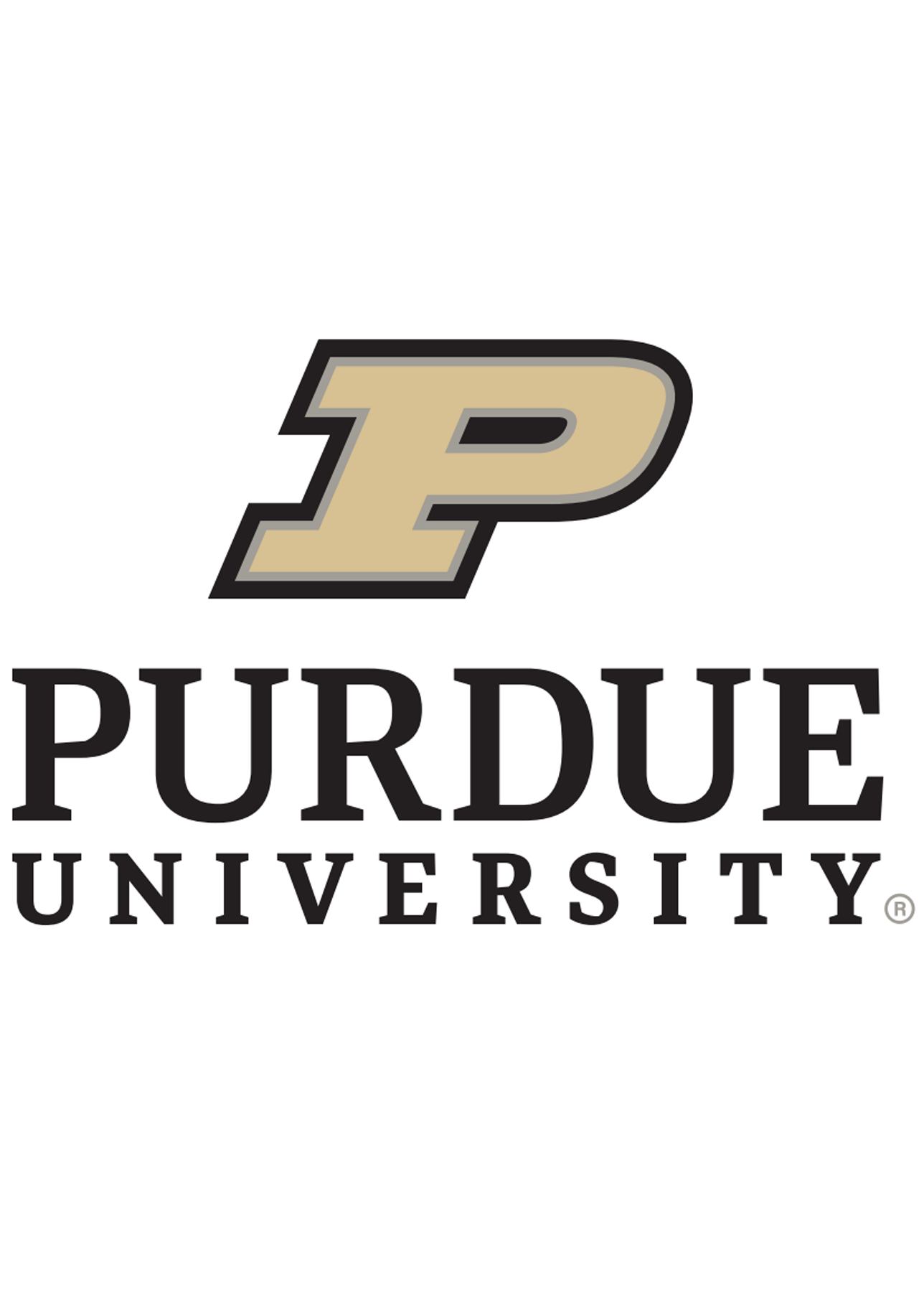
Purdue University
Intelligent Score: 98.65In-state: $9,208
Out-of-state: $28,010
In-state: $9,208
Out-of-state: $9,208
SAT: 1170-1420
ACT: 25-33
In-State: $494
Out-of-State: $705
Online
Higher Learning Commission
Graduate: 30

UMass Global
Intelligent Score: 96In-state: $15,791
Out-of-state: $35,779
In-state: $14,014
Out-of-state: $14,014
SAT: 1200-1390
ACT: 27-32
Certificate: $300 Graduate: $709
Online
Western Association of Schools and Colleges Senior College and University Commission
Certificate: 21 Graduate: 33-42

Ball State University
Intelligent Score: 95.26In-state: $9,482
Out-of-state: $26,470
In-state: $9,328
Out-of-state: $9,328
SAT: N/A
ACT: N/A
Undergraduate In-State: $346
Out-of-State: $1,151 Graduate In-State: $464
Out-of-State: $696
Online
Higher Learning Commission
Certificate: 15 Undergraduate: 120 Graduate: 30
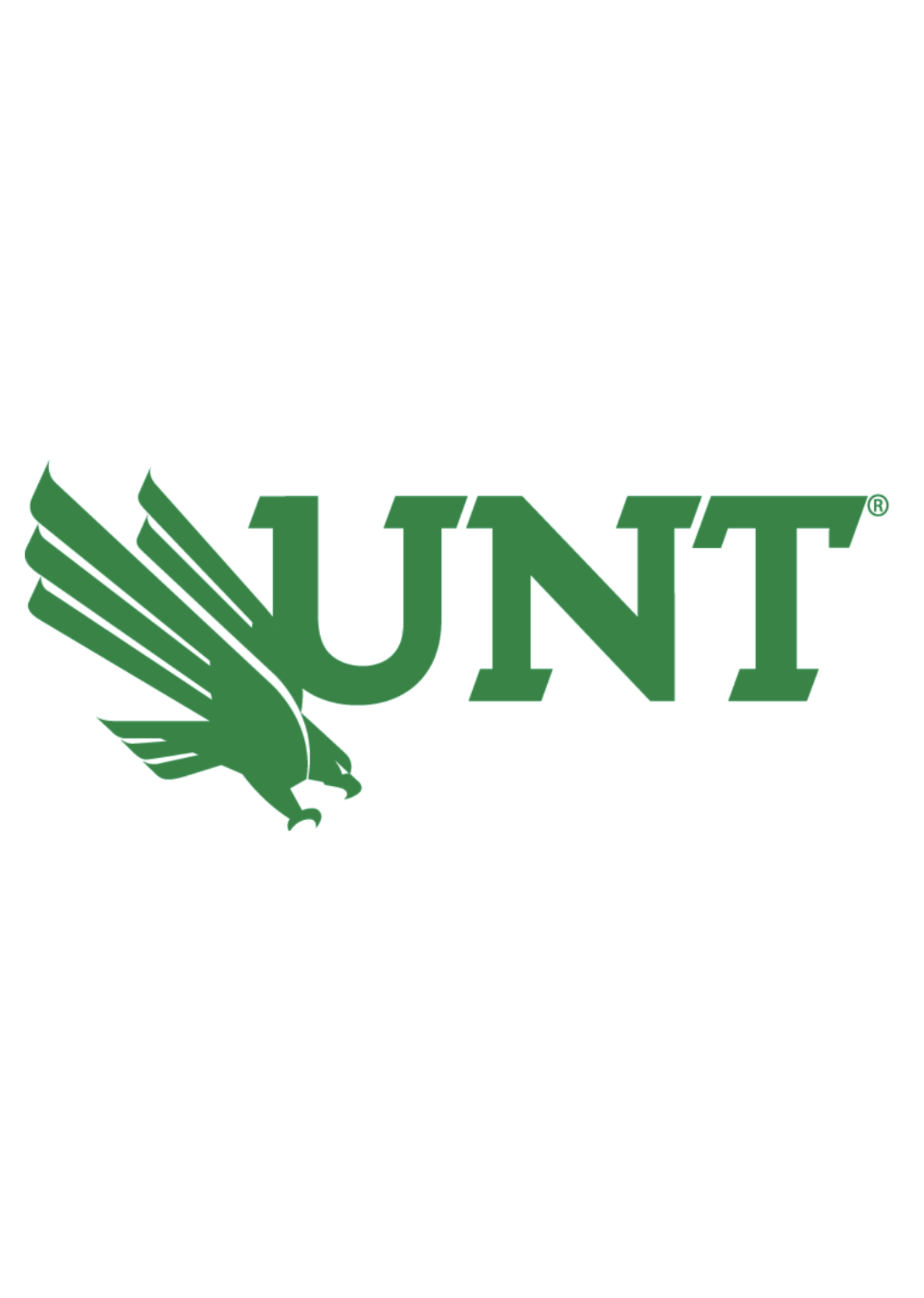
University of North Texas
Intelligent Score: 94.87In-state: $8,295
Out-of-state: $18,111
In-state: $6,350
Out-of-state: $6,350
SAT: 1050-1240
ACT: 20-27
In-State: $460
Out-of-State: $658
Online
Southern Association of Colleges and Schools Commission on Colleges
Certificate: 24 Graduate: 30
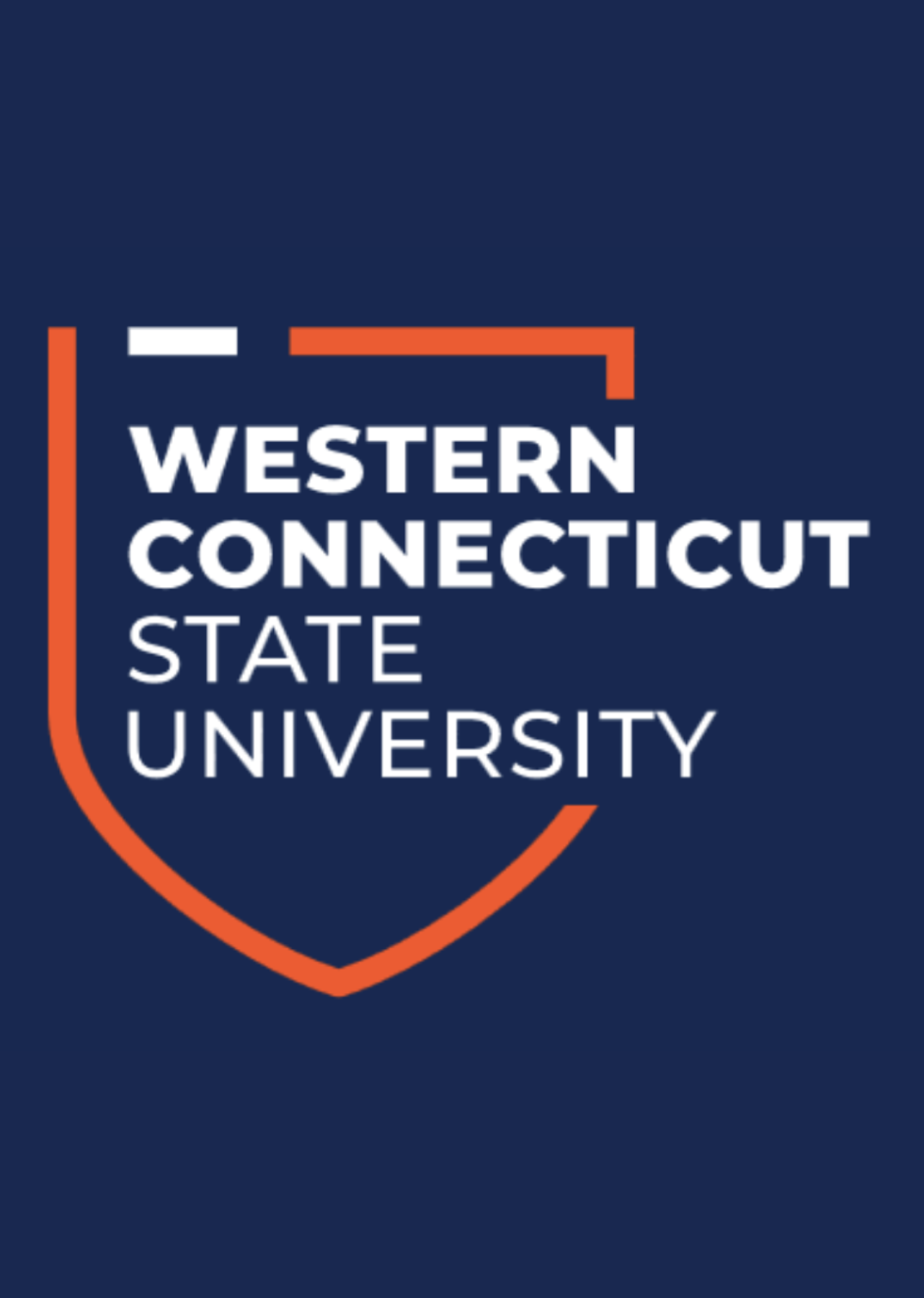
Western Connecticut State University
Intelligent Score: 94.79In-state: $6,162
Out-of-state: $18,436
In-state: $7,674
Out-of-state: $7,674
SAT: N/A
ACT: N/A
$480
Online
New England Commission of Higher Education
Certificate: 22 Graduate: 30

Southeast Missouri State University
Intelligent Score: 93.24In-state: $6,779
Out-of-state: $12,951
In-state: $5,373
Out-of-state: $5,373
SAT: N/A
ACT: N/A
$383
Online
Higher Learning Commission
Graduate: 42
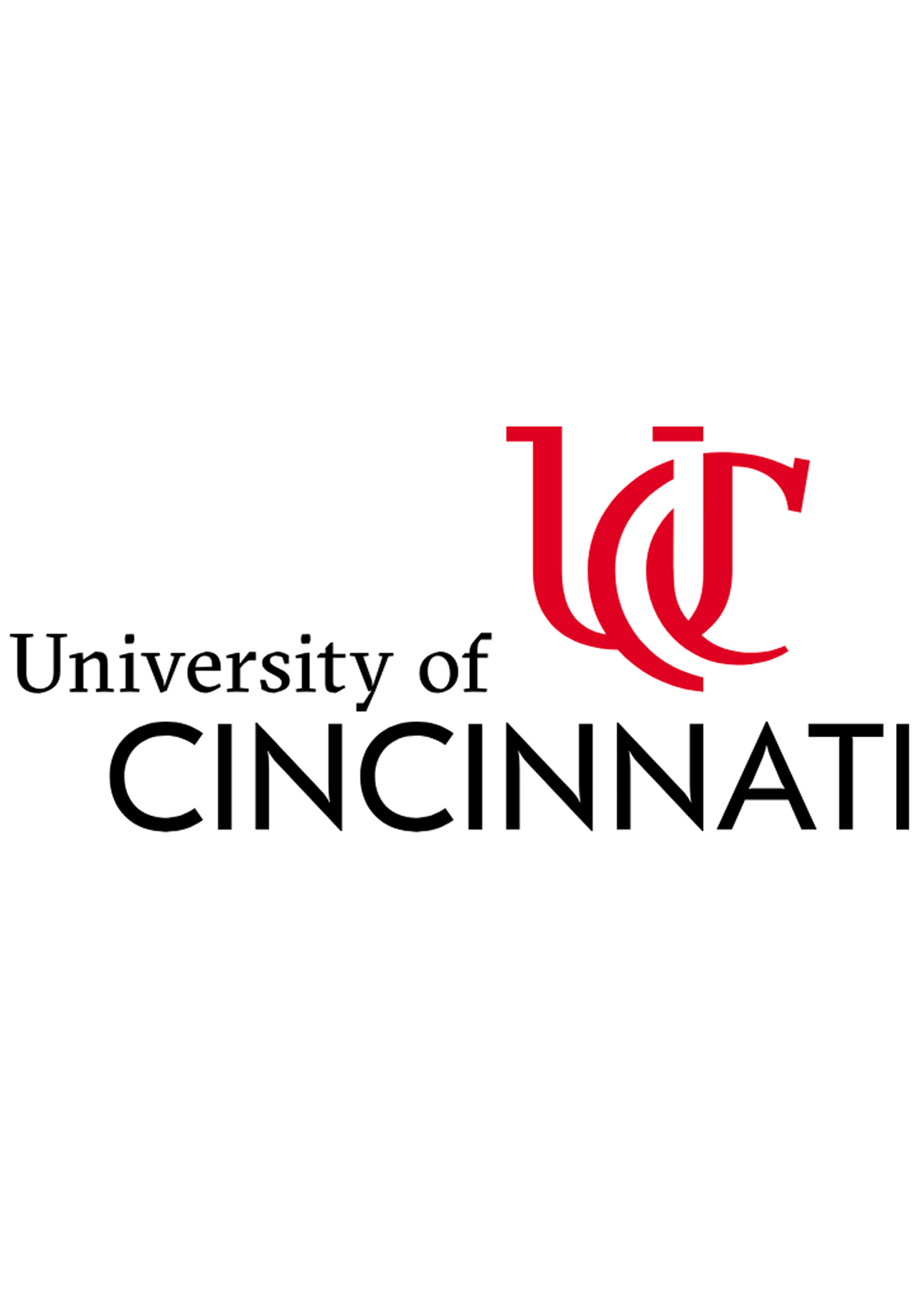
University of Cincinnati
Intelligent Score: 93.23In-state: $9,723
Out-of-state: $25,057
In-state: $13,224
Out-of-state: $13,224
SAT: 1120-1330
ACT: 23-29
Resident: $746
Non-Resident: $761
Online
Higher Learning Commission
Graduate: 30

Arizona State University
Intelligent Score: 92.68In-state: $10,710
Out-of-state: $28,800
In-state: $11,720
Out-of-state: $11,720
SAT: 1100-1320
ACT: 21-28
Certificate: $643 Graduate: $576
Online
Higher Learning Commission
Certificate: 21 Graduate: 30

University of Southern Maine
Intelligent Score: 91.36In-state: $8,064
Out-of-state: $21,532
In-state: $7,776
Out-of-state: $7,776
SAT: 958-1160
ACT: 20-25
Certificate In-State: $459
Out-of-State: $1,390 Graduate: $509
Online
New England Commission of Higher Education
Certificate: 24 Graduate: 36
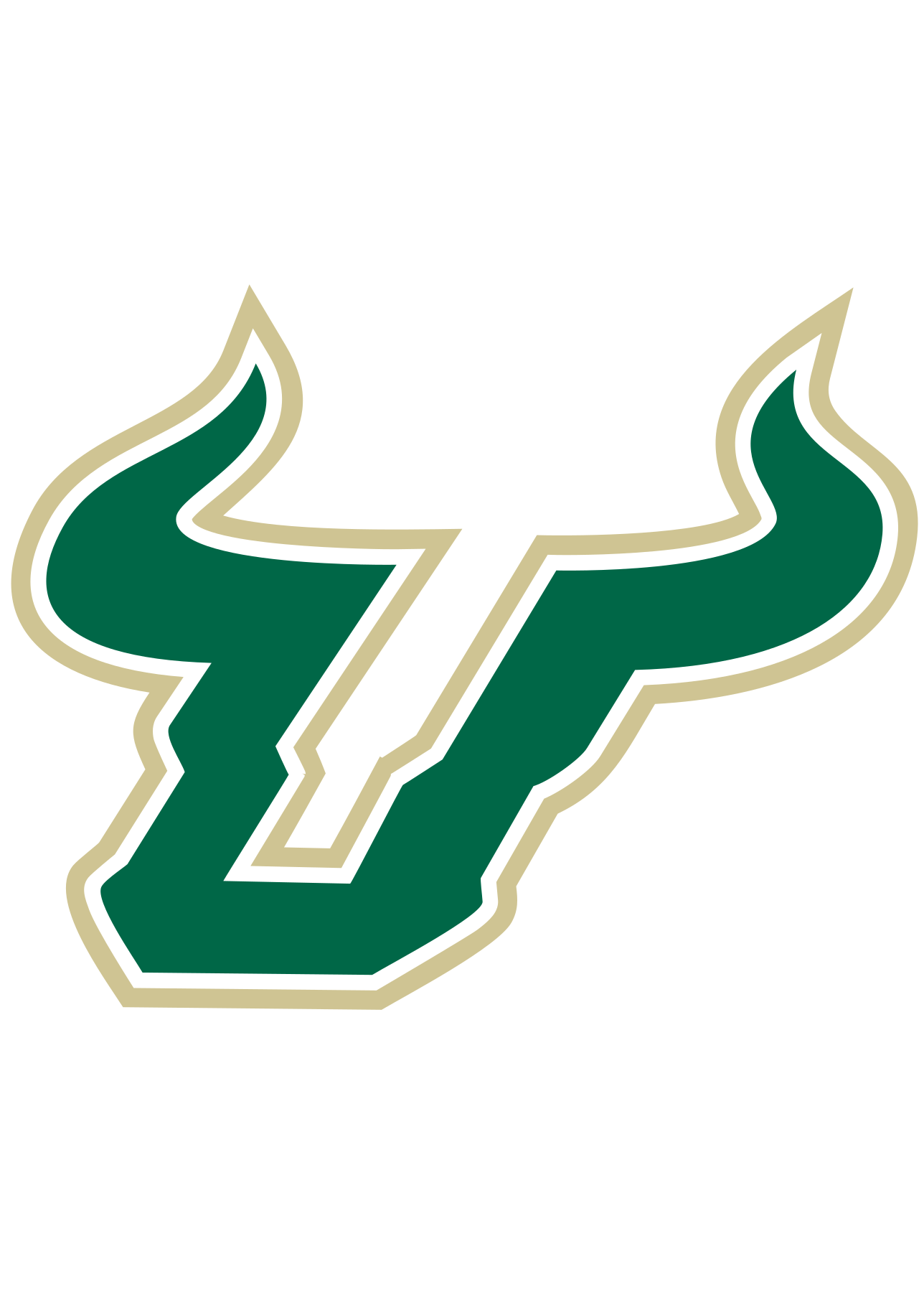
University of South Florida
Intelligent Score: 90.30In-state: $4,559
Out-of-state: $15,473
In-state: $8,350
Out-of-state: $8,350
SAT: 1160-1320
ACT: 25-30
$600
Online
Association for Behavior Analysis International
Graduate: 41
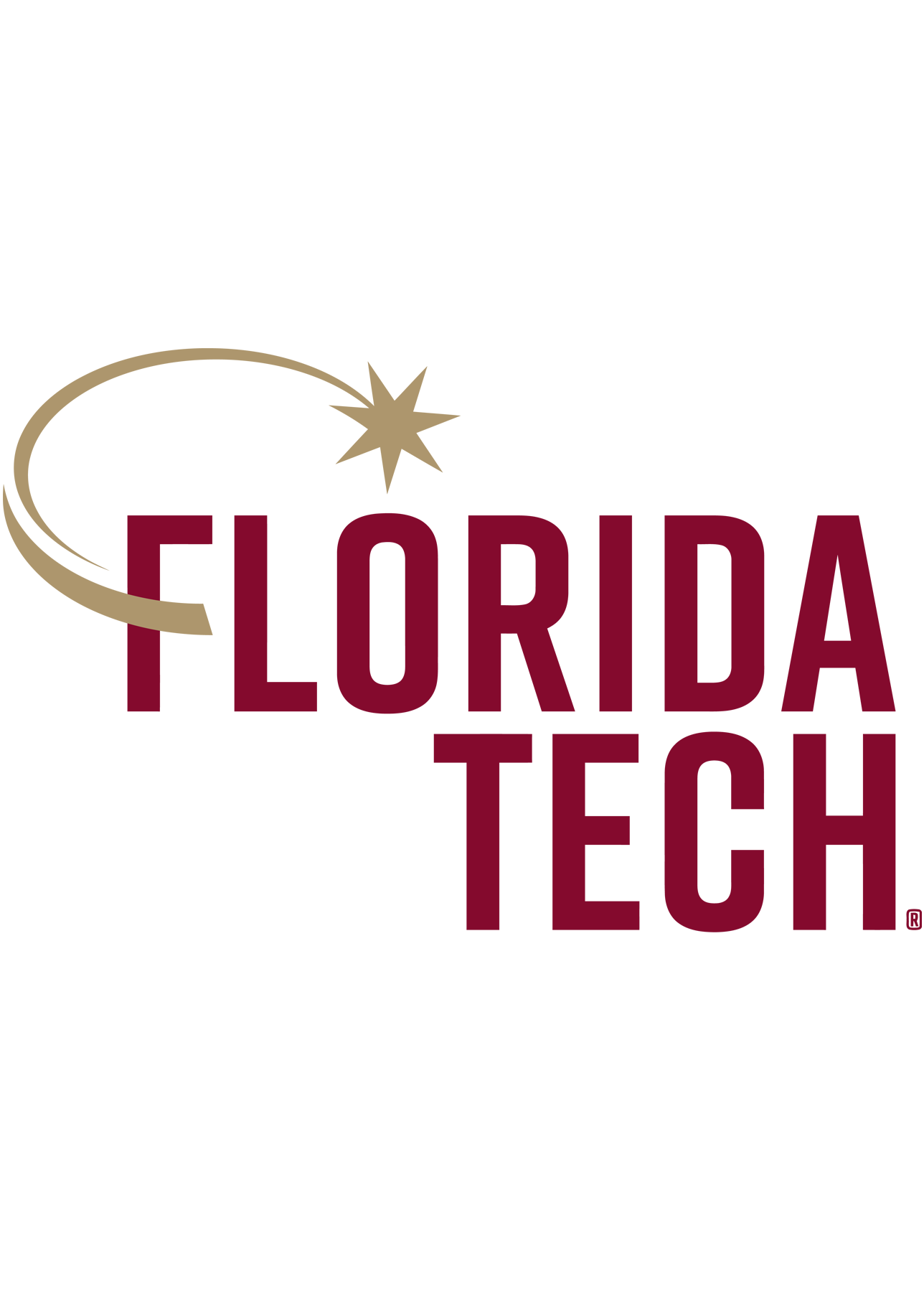
Florida Tech
Intelligent Score: 88.53In-state: $42,346
Out-of-state: $42,346
In-state: $22,338
Out-of-state: $22,338
SAT: 1130-1330
ACT: 23-30
Certificate: $510 Graduate: $970
Online
Association for Behavior Analysis International
Certificate: 16-21 Graduate: 33
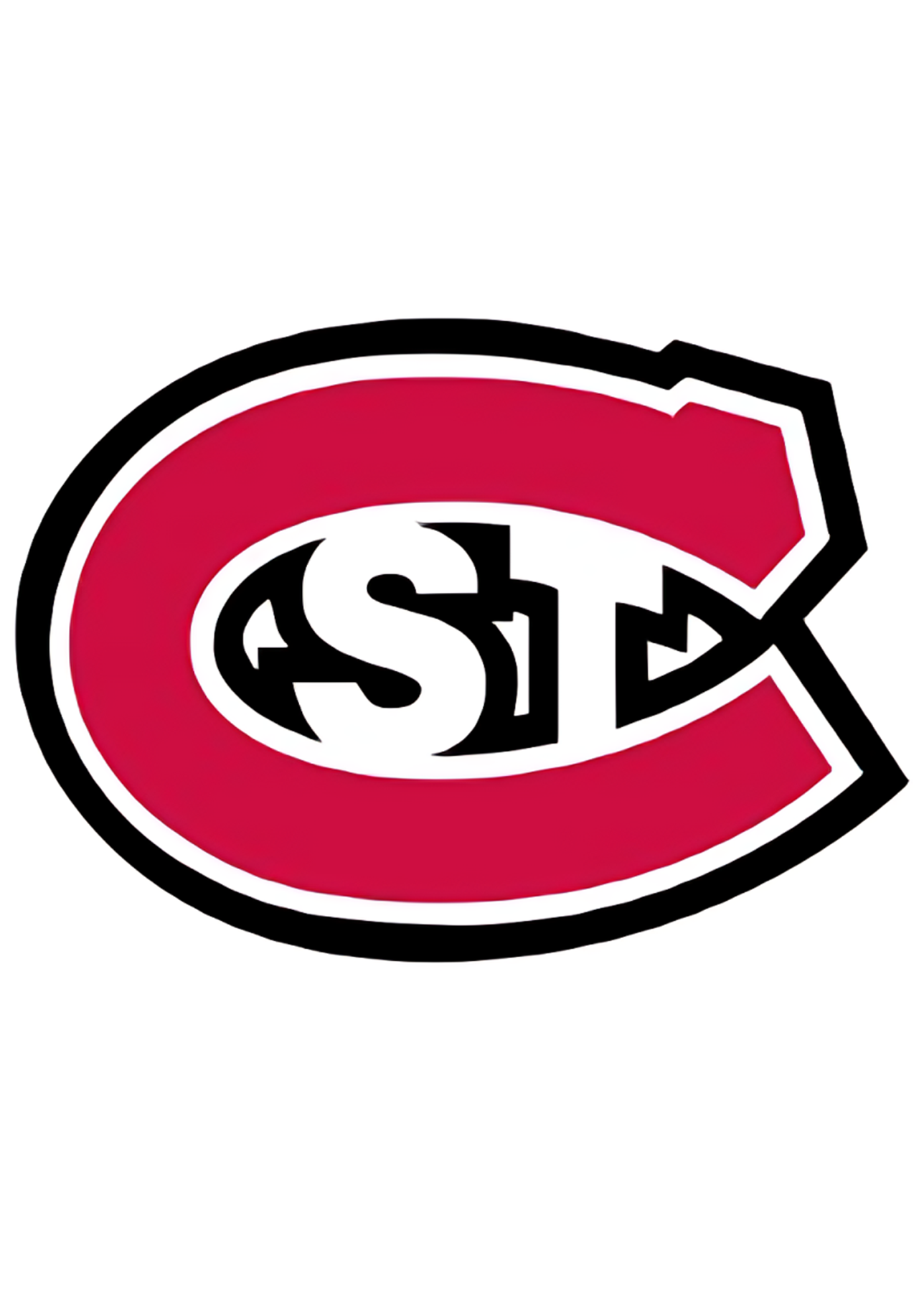
St. Cloud State University
Intelligent Score: 88.10In-state: $7,505
Out-of-state: $15,921
In-state: $7,607
Out-of-state: $7,607
SAT: 1000-1250
ACT: 18-24
Resident: $517
Non-Resident: $785
Online, On-Campus
Association for Behavior Analysis International
Graduate: 45
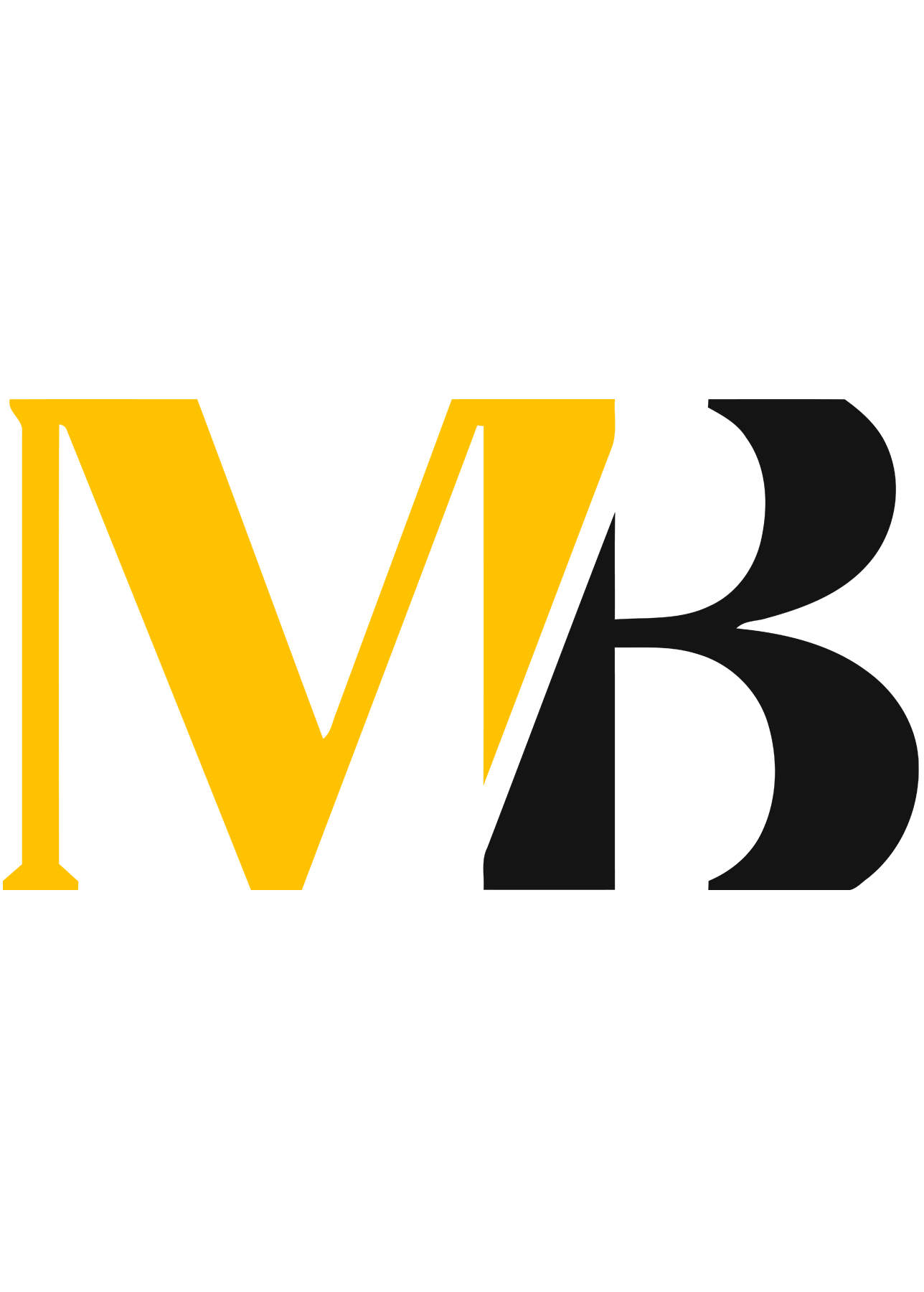
Mary Baldwin University
Intelligent Score: 87.88In-state: $30,690
Out-of-state: $30,690
In-state: $13,000
Out-of-state: $13,000
SAT: 940-1120
ACT: 18-24
Certificate: $460 Undergraduate: $486 Graduate: $495
Online, On-Campus
Southern Association of Colleges and Schools Commission on Colleges
Certificate: 20-23 Undergraduate: 120 Graduate: 35
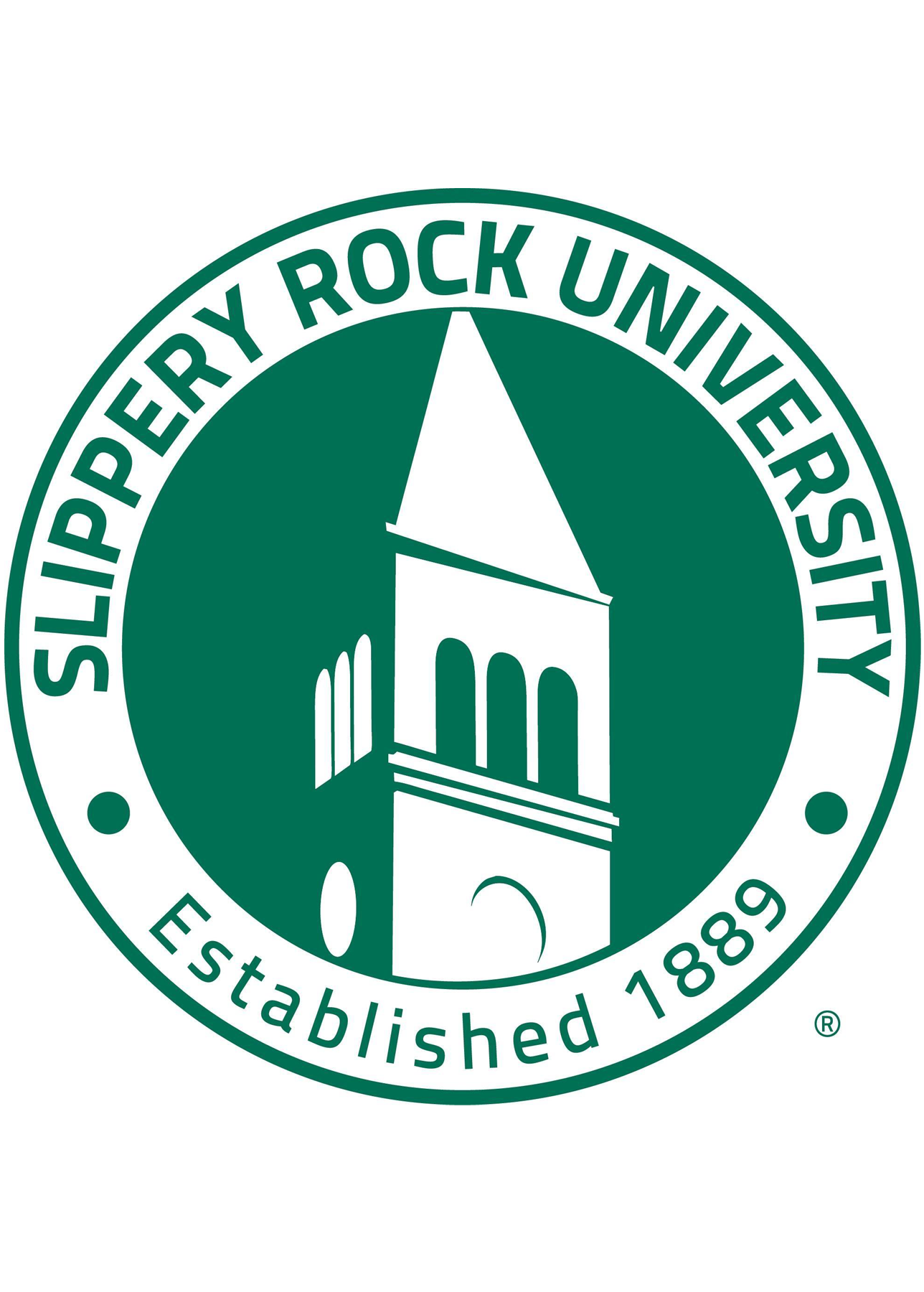
Slippery Rock University of Pennsylvania
Intelligent Score: 87.41In-state: $7,716
Out-of-state: $11,574
In-state: $9,288
Out-of-state: $9,288
SAT: 980-1150
ACT: 19-25
In-State: $516
Out-of-State: $568
Online
Middle States Commission on Higher Education
Certificate: 21 Graduate: 36
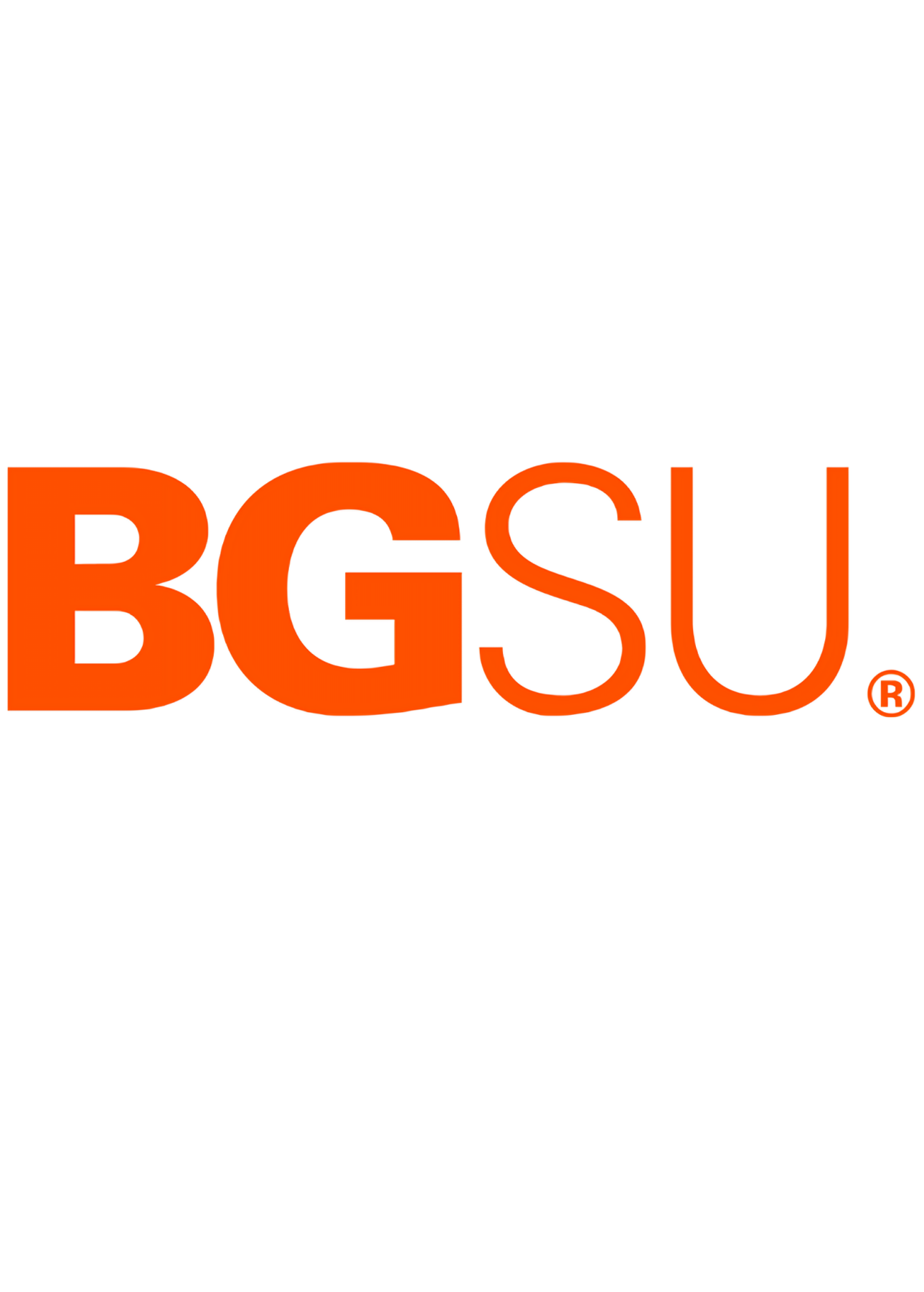
Bowling Green State University
Intelligent Score: 86.54In-state: $9,463
Out-of-state: $17,452
In-state: $8,017
Out-of-state: $8,017
SAT: 1020-1210
ACT: 20-26
$468
Online
Higher Learning Commission
Certificate: 21 Graduate: 31
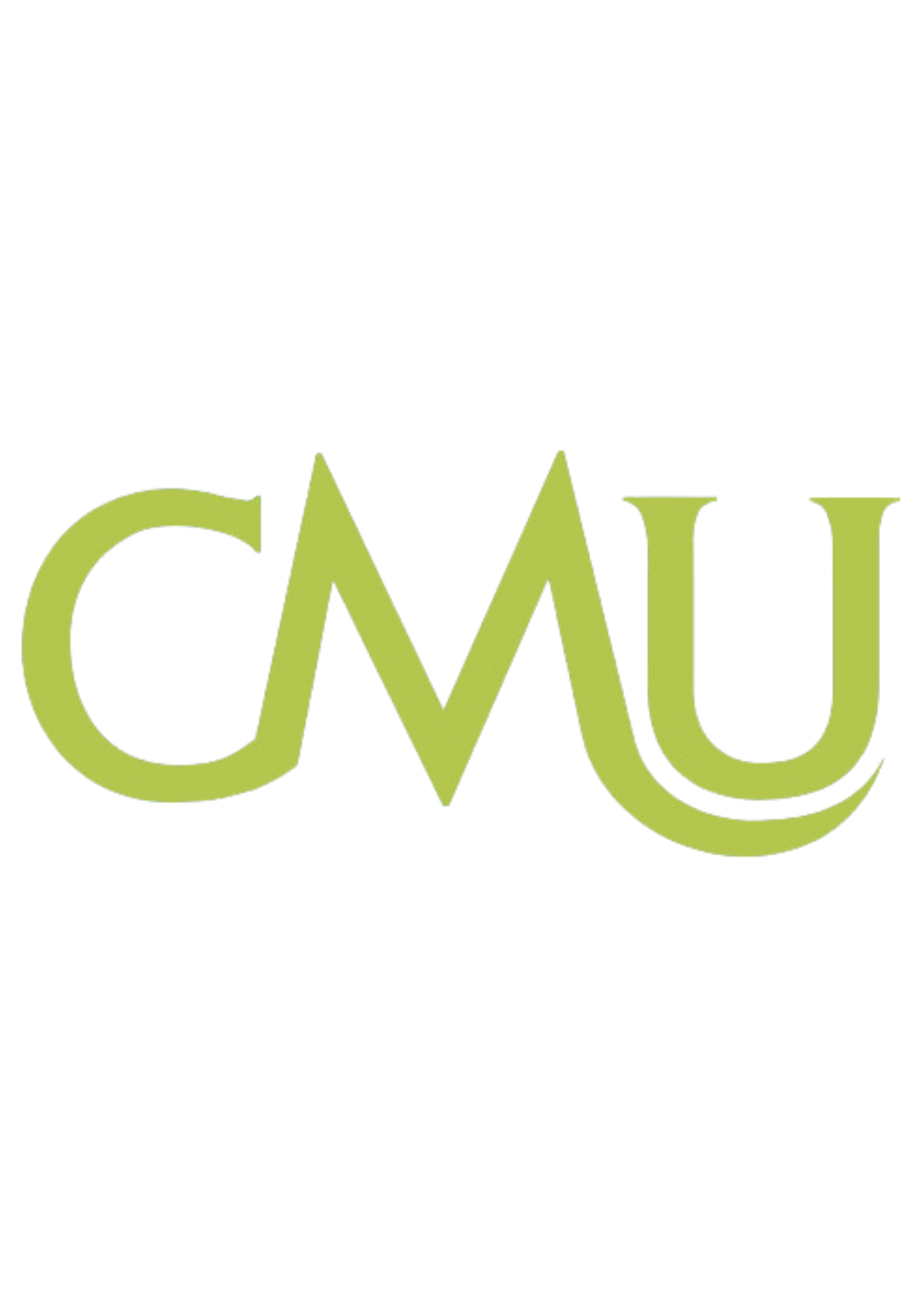
Central Methodist University
Intelligent Score: 85.87In-state: $5,950
Out-of-state: $5,950
In-state: $6,075
Out-of-state: $6,075
SAT: N/A
ACT: N/A
$275
Online
Higher Learning Commission
Undergraduate: 120
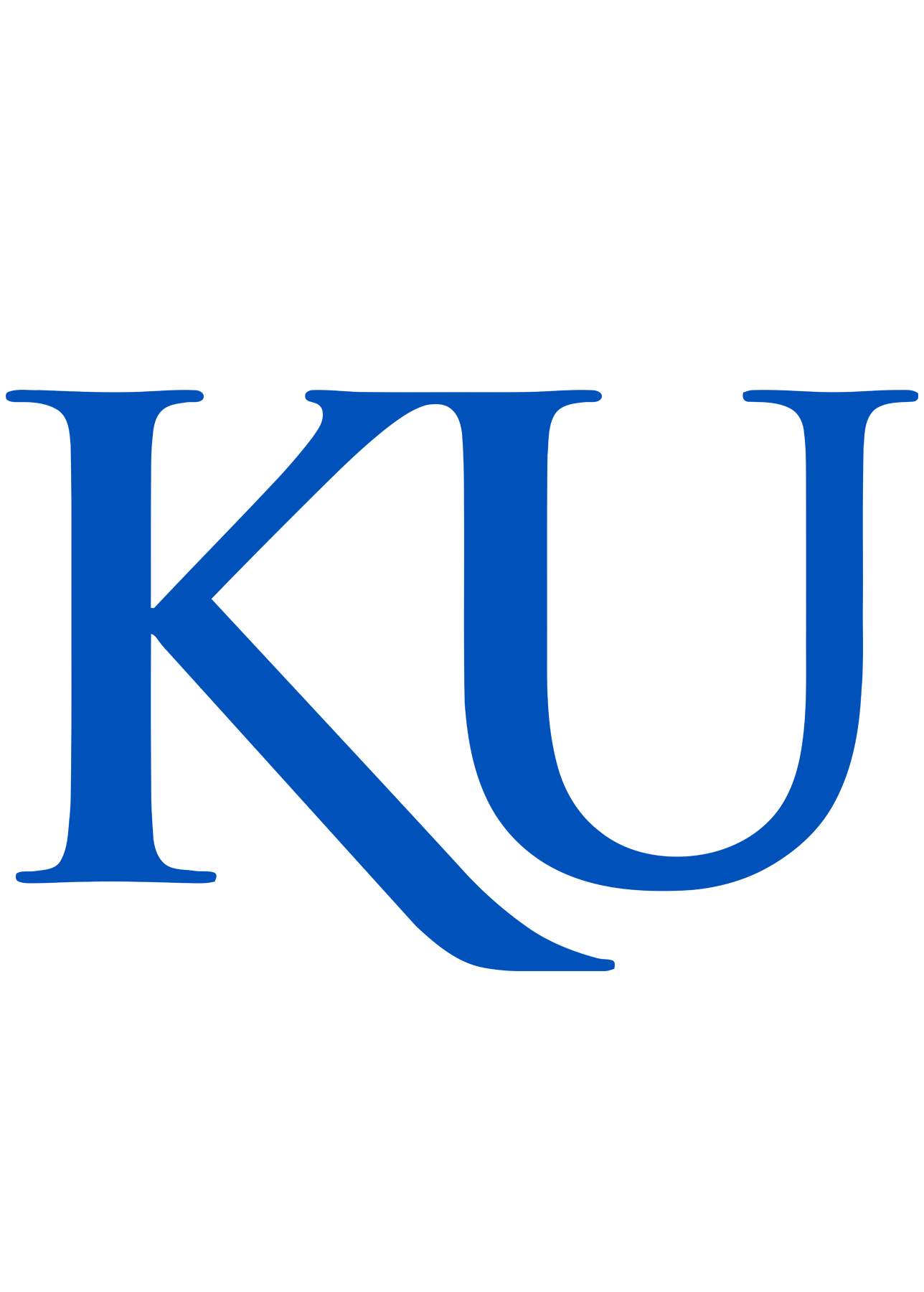
University of Kansas
Intelligent Score: 85.05In-state: $10,092
Out-of-state: $26,960
In-state: $9,989
Out-of-state: $9,989
SAT: 1070-1320
ACT: 22-29
$625
Online
Association for Behavior Analysis International
Certificate: 24 Graduate: 30

Saint Joseph's University
Intelligent Score: 84.49In-state: $47,740
Out-of-state: $47,740
In-state: $17,802
Out-of-state: $17,802
SAT: 1100-1290
ACT: 23-29
$960
Online
Middle States Commission on Higher Education
Certificate: 24 Graduate: 30
How to Choose the Online BCBA Degree Program that’s Right for You
Step 1: Clarify what your goals and priorities
“A college education requires an investment of time, money, and energy, so it’s important for students to reflect on their motivations for pursuing a degree,” Villagomez says. “I encourage students to start by reflecting on their academic interests, career goals, and the types of learning environments they thrive in to identify the best programs for them.”
Students interested in pursuing BCBA education should consider whether a master’s degree is necessary or if a graduate certificate in the subject is sufficient. “Since many BCBA programs are available, having a clear set of parameters will make the research process much smoother,” Villagomez says. “Some things to consider when deciding between a master’s and a graduate certificate include curriculum requirements, program duration, and professional development opportunities.”
This is also an ideal time to consider logistical needs, including whether a synchronous or asynchronous program is the best fit. “Expectations and pacing can vary greatly across courses, depending on whether they’re delivered synchronously or asynchronously,” Villagomez says. “With asynchronous courses, interactions with professors and classmates can be limited and may require more effort to stay connected, while synchronous courses can facilitate engagement more easily. Regardless of modality, all online degree programs require high self-motivation, effective time management, and structured independent study.”
Step 2: Research schools and programs
Once you’ve established criteria for the type of program you want, you can begin exploring your options.
The first thing to check with any schools you’re considering is their accreditation status. “Verifying the college’s accreditation ensures that the institution has the seal of approval by the U.S. Department of Education,” Villagomez says. “With institutional accreditation, colleges are evaluated as a whole and must meet several quality standards. Programmatic accreditations evaluate the quality and legitimacy of the specific degree programs. Attending a non-accredited college can negatively impact future post-graduate opportunities such as employment and board certification.” The Association for Behavior Analysis International (ABAI) accredits BCBA programs in the U.S.
Other questions to ask during the research process include:
- Who are the program’s faculty, and what are their credentials?
- Does the curriculum include hands-on learning experiences like internships?
- What support services does the school offer online students?
- What types of scholarships, grants, and fellowships are available?
Schools generally include this information on their website or with marketing materials available to potential students. They may also offer online open houses or information sessions where students can speak to faculty, students, and admissions counselors.
Step 3: Review application and eligibility requirements
“After researching the degree programs and schools, students should have a strong sense of the admission requirements,” Villagomez says. “Requirements will vary by school, so students must stay organized with a comprehensive and detailed checklist to track their progress, submit all required materials, and meet deadlines.”
In general, students applying for an online BCBA degree or certificate program are required to submit the following:
- Completed application and required fees
- Official transcripts from undergraduate colleges attended
- Letters of recommendation
- Personal statement
- Resume or CV
- GRE scores
Students should also confirm if there are any eligibility requirements, such as minimum undergraduate GPA or prerequisite coursework.
How to Pay for an Online BCBA Degree Program
Scholarships and grants
Scholarships and grants are considered gift aid because they don’t have to be repaid. There are several sources for scholarships and grants, including colleges, federal and state governments, professional organizations, private foundations, community and religious groups, and non-profits. Grants are typically awarded based on financial need, while students can receive scholarships for their academic, athletic, or extracurricular achievements, being part of a specific demographic or their financial need. For need-based scholarships, students must typically submit the Free Application for Federal Student Aid (FAFSA).
“Students should explore all avenues for scholarships and grants, both from the school they’re attending and outside sources,” Marvin says. “Scholarships and grants can lower the amount that the student has to pay out of pocket or borrow in loans, and in the best case scenario, they can completely cover the cost of a degree.”
Employer tuition assistance
If available, students who plan on working while earning a BCBA degree may be eligible for tuition reimbursement benefits from their employer. Specific parameters of this benefit vary, but in most cases, employers will reimburse students for tuition and other education expenses after they successfully complete a course or program. Speak to your company’s benefits coordinator to find out if tuition assistance is available and how to obtain it.
Work-study
The Federal Student Aid program awards work-study funding to eligible students. In this program, students work part-time for their college in exchange for an hourly wage. Work-study positions exist in various college departments, and online students should inquire about available remote work-study positions. Work-study jobs pay at least the federal minimum wage, although many, especially for graduate students, pay more. Students enrolled in certificate programs should check whether they are eligible for work-study funding.
Federal student loans
The FSA program also offers federal student loans, with interest rates and repayment terms set by Congress. Graduate students are eligible for Direct Unsubsidized Loans. To determine their eligibility for federal student loans, they must submit the Free Application for Federal Aid (FAFSA). While students enrolling in accredited degree programs are typically eligible for federal student loans, not all certificate programs are eligible for this type of funding. Before enrolling in a BCBA certificate program, students should confirm if they can borrow federal student loans to cover costs so they can budget accordingly.
Federal student loans benefit students because qualification doesn’t depend on a credit score, and there are different repayment options, including income-driven options and loan forgiveness programs,” Marvin says.
She also encourages borrowers to think strategically about student loans. “Borrow only as much money as you need and nothing more. If you’re eligible for a loan for $12,500 but only need $8,000, there’s no need to take out a loan for that extra funds. Remember, every dollar you borrow must be paid back with interest. You can also begin paying off loans once they’ve been disbursed. Even paying off a few hundred or thousand dollars before finishing school can make a huge difference to post-graduate loan amounts.”
Private education loans
Because there are limits on how much students can borrow in federal student loans, some individuals may need to borrow from private lenders like Sallie Mae, Ascent, or SoFi to cover all their educational expenses. Private education loans differ from federal student loans because their interest rates and repayment terms are based on current market rates and the borrower’s credit history. Therefore, they may be less favorable than terms for federal student loans. Students who need to use private education loans to help pay for their degrees should keep an eye on interest rates throughout the year to lock in the most favorable terms possible.
Out-of-pocket
When students or families use their money to pay for tuition and other education-related expenses, it’s considered paying out of pocket. Most students pay at least some education expenses out of pocket. If you plan on paying some or all of your tuition out-of-pocket, inquire with the school’s financial aid office to determine if they allow students to pay in installments throughout the term.
Scholarship Database
Intelligent Scholarship Finder Tool
"A Helping Hand" Scholarship
Award Amount: $500
Due Date: January 31, 2025
"Follow Your Own Path" Essay Scholarship
Award Amount: $500
Due Date: January 31, 2025
"Tuition Solution" Scholarship for STEM Students
Award Amount: $500
Due Date: January 31, 2025
$25k "Be Bold" No-Essay Scholarship
Award Amount: $25,000
Due Date: Closed for 2024
(ISC) Graduate Cybersecurity Scholarship
Award Amount: $5,000
Due Date: Closed for 2024
(ISC) Women in Information Security Scholarship
Award Amount: $5,000
Due Date: Closed for 2024
A.C. "Kate" & Leo Joseph Merlone St. Dominic Catholic Church of Saginaw Member Scholarship
Award Amount: Varies
Due Date: Closed for 2024
A.C. "Kate" & Leo Joseph Merlone Teaching Scholarship
Award Amount: Varies
Due Date: Closed for 2024
a/e ProNet David W. Lakamp Scholarship
Award Amount: $5,000
Due Date: Closed for 2024
AAAE Native American Scholarship
Award Amount: $1,500
Due Date: March 15, 2025
What Can You Do With an Online BCBA Degree?
An online degree or certificate in Applied Behavior Analysis (ABA) prepares students to become a Board Certified Behavior Analyst (BCBA). These professionals work with patients who suffer from behavioral and psychological disorders, and help clients overcome daily barriers that otherwise affect their quality of life. BCBAs frequently treat individuals on the autism spectrum who require assistance with communication and social skills.
BCBAs work in various settings, including schools and other educational services, private practices, inpatient and outpatient treatment centers, healthcare facilities, nursing homes, and more. General BCBA responsibilities include meeting with families, teachers, and other clients to discuss behavior problems that need to be addressed, observing clients’ behavior in environments, collecting data related to the frequency, duration, and rate of concerning behaviors, and analyzing information to determine appropriate interventions.
Attending a program that follows the Association for Behavior Analysis International’s Verified Course Sequence will prepare students for the required certification from the Behavior Analyst Certification Board (BACB) to practice as a behavior analyst. Students should review all certification requirements before enrolling in a BCBA program.
- Substance abuse, behavioral disorder, or mental health counselor — Evaluate the psychological and physical health of clients, recommend treatment plans, and monitor progress.
- Median annual salary: $53,710
- Projected employment growth (through 2032): 19%
- New job openings projected: 48,900 per year
- Social worker — Help individuals and families deal with problems in their everyday lives, such as health and behavioral issues.
- Median annual salary: $58,380
- Projected employment growth (through 2032): 7%
- New job openings projected: 67,300 per year
- Social or community service manager — Oversee operations and secure funding for programs that support public well-being.
- Median annual salary: $77,030
- Projected employment growth (through 2032): 8%
- New job openings projected: 17,800 per year
Compare School Options
Related Degrees
- Teaching
- Digital Marketing
- Software Engineering
- Elementary Education
- Project Management
- Data Science
- Graphic Design
- Public Safety Administration
- Healthcare Administration
- Most Affordable Computer Science
